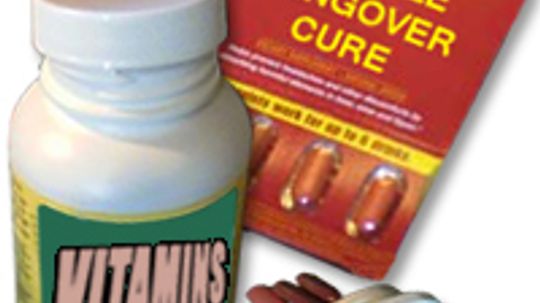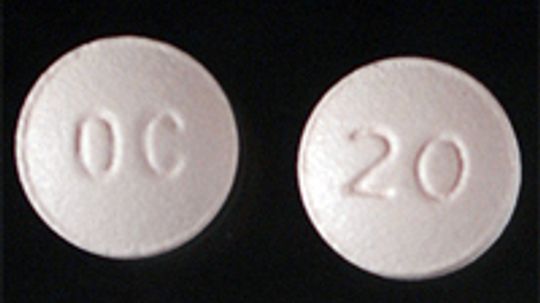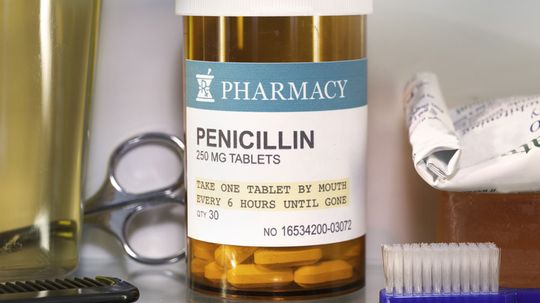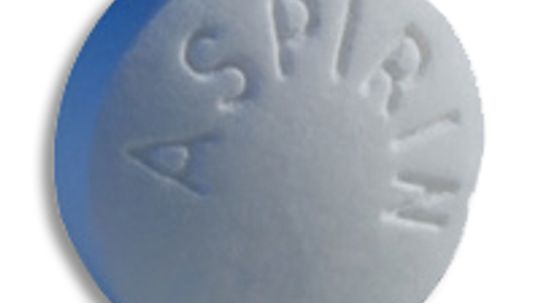Medications
There are medications for just about anything, whether it's a headache or something more serious. Get informed about prescription and over-the-counter drugs and medicine.

Is Your Hospital Diverting Ambulances Because of COVID-19?

How Ambulances Work

Can You Go to the ER Without Health Insurance?

Womanikin: Overcoming the Stigma of Breasts and CPR

Women Less Likely to Receive CPR in Public, Study Finds

Should you use ice or heat to treat an injury?

Mark Cuban Wants to Solve the U.S. Prescription Drug Price Crisis

Epidemiologists Are the 'Disease Detectives' Protecting Public Health

Should Doctors Have to Pay Patients for Running Late?

Who's the Most Powerful Doctor in the World? 5 Top Contenders

10 Types of Drugs Used for Medicinal (and Illicit) Purposes

15 Types of Doctors With Different Specialties

Anesthesia Awareness: When You're 'Awake and Aware' During Surgery

Prehab Could Make Your Recovery From Surgery a Bit Easier
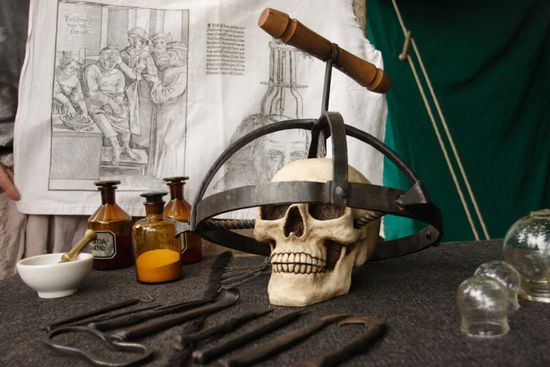
You Need It Like a Hole in the Head: The Ancient Medical Art of Trepanation
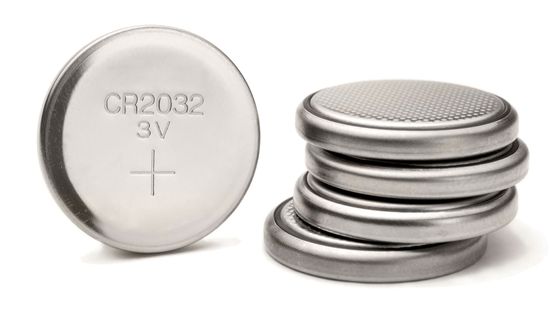
Honey Can Help If Your Child Swallows a Button Battery

What Is the Rarest Personality Type?

Veins, Needles, Yikes: What to Know Before Having Blood Drawn

Are Army medics and doctors on the front lines?

Can civilians become doctors in the U.S. Army?

Do Army doctors and medics carry weapons?
Learn More / Page 3
Hormones are substances that are produced and secreted to stimulate and regulate body functions. Hormone medications mimic the effects of naturally produced hormones. Learn about hormone medications, including oral contraceptives and anti-inflammatory drugs.
Some antiviral prescription drugs can lessen the severity and cut the duration of the flu as well as prevent infection if you've been exposed. Tamiflu is one of the most commonly prescribed drugs. Learn how Tamiflu works, how you take it and whether
What are the pros and cons of placebos? Check out what we have gathered for you in this article about placebos and their positive and negative effects on you.
Advertisement
If you imbibed a little too much and still have to go to work the next morning, what solutions does your local drugstore offer?
By Lacy Perry
Lose 30 pounds in 30 days with no diet or exercise! Sound too good to be true? It is: Most diet-pill promises have no real scientific backing. Learn the truth about diet drugs and what they can really deliver.
There are many types of medications used to treat high blood pressure. Learn more about what drugs are available.
The threat of anthrax as a biological weapon has become a real concern for everyone. Ciprofloxacin is a drug used to treat people exposed to anthrax. Learn how this medicine works against the anthrax bacteria.
Advertisement
According to a National Survey on Drug Use and Health, roughly 2.8 million people aged 12 or older had illegally used the prescription drug OxyContin at least once. Find out about this controversial drug.
Oxycontin is a drug frequently referenced in the news. Just how dangerous is it?
Medications are put into the body in various ways. Why are some injected and others taken in pill form?
An antibiotic selectively kills bacteria, but not the cells in your body. How do these mighty meds work their magic?
Advertisement
Feel a bit of a headache coming on? Muscle aches from yesterday's workout too distracting? Arthritis making that knitting project a pain? Discover how aspirin and other analgesics dull the pain and find out what else they're good for.


